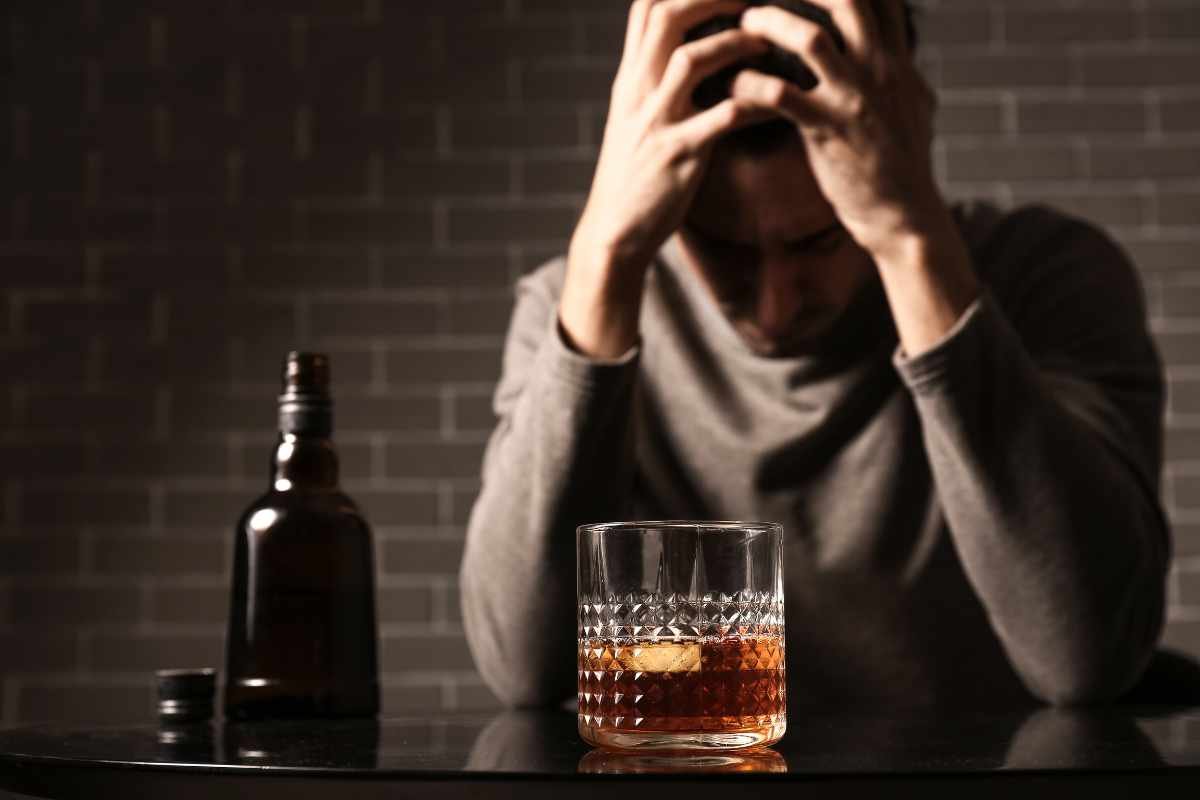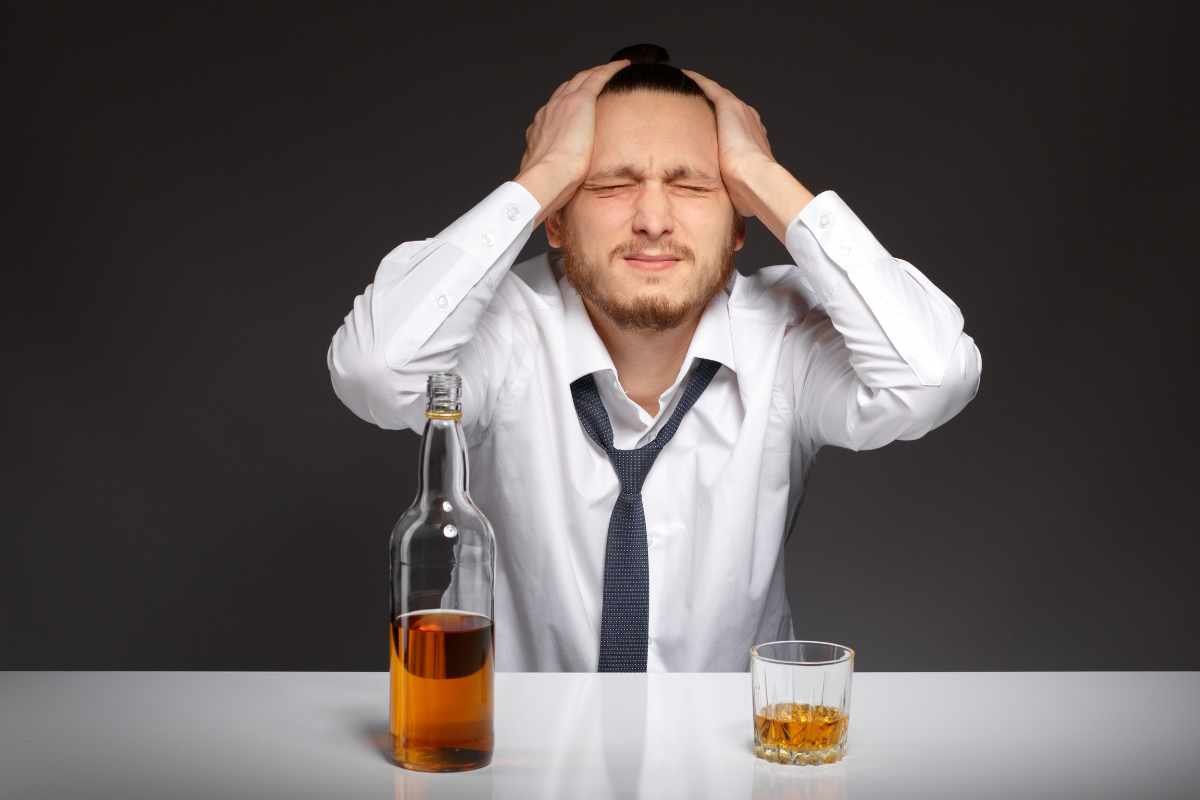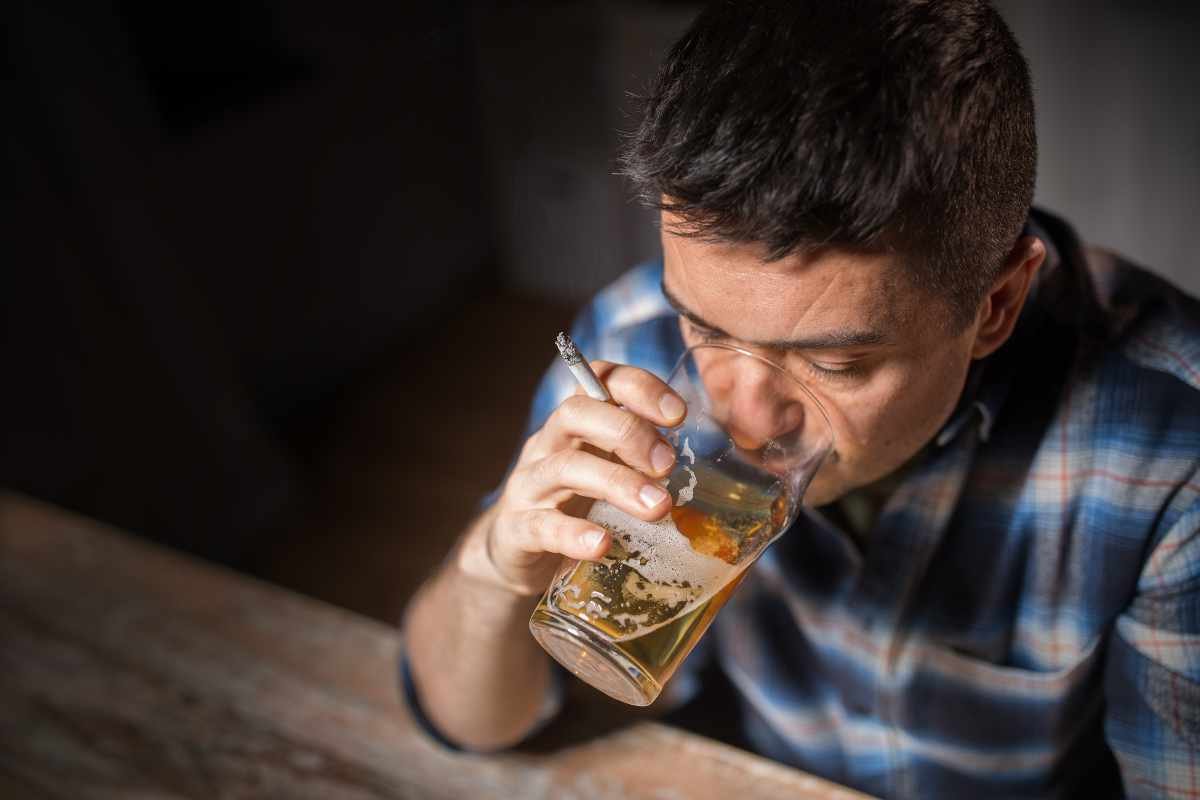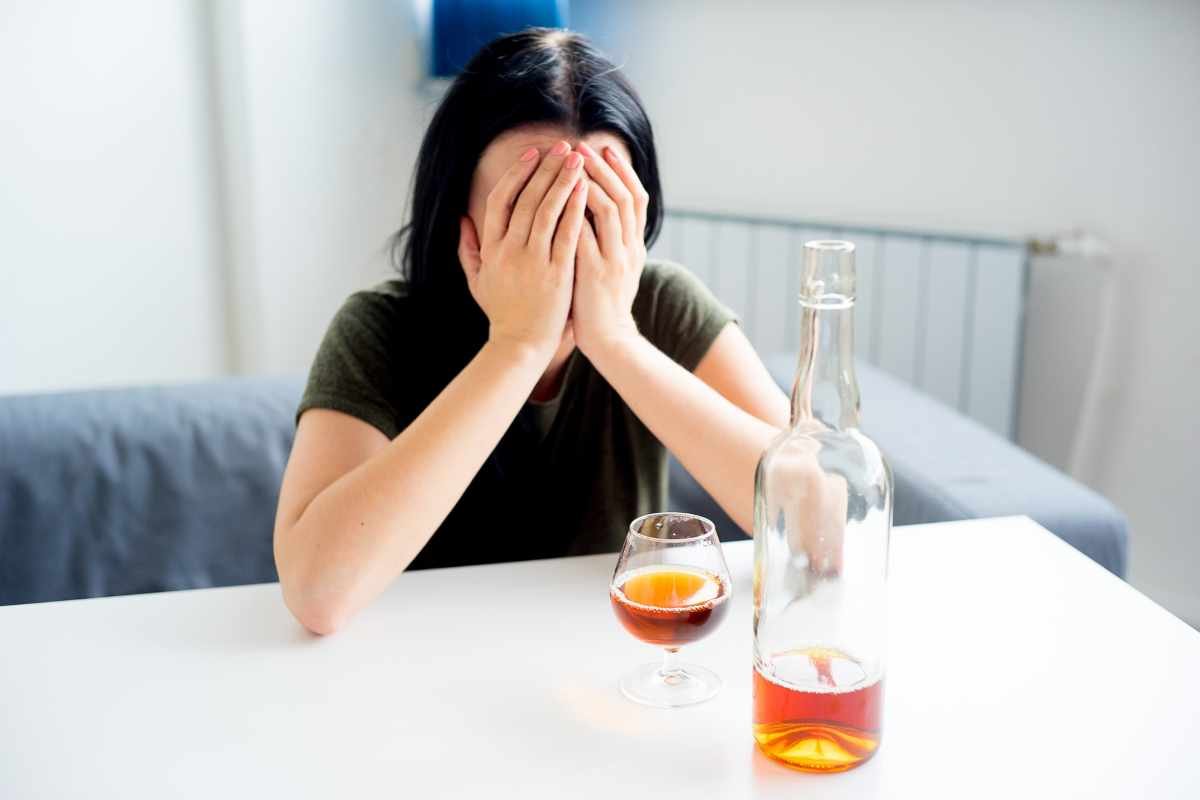When a person has a habit of drinking to the point of addiction, staying without a drink can be challenging. However, the person might want to stop drinking as a result of which alcohol starts leaving their system. This is known as the process of alcohol detoxification.
Whether you or someone you love is trying to go through the detoxification process, it is necessary to seek help from professional providers such as detox care at Align Recovery. But before anything, one must know how long the process can take.
How Long Does Alcohol Detoxification Take?
As per the American Addiction Centers, detoxification initially takes a week. However, depending on the person’s addiction level and condition, the symptoms can continue longer. The basic timeline can look somewhat like below:

- The initial stage of withdrawal symptoms starts showing after 8 hours of the last drink
- The symptoms reach their peak at 24-72 hours
- The intensity of the symptoms decreases after 5-7 days
- The psychological symptoms, at least some, continue even after the first week
Understanding Withdrawal Symptoms
Alcohol withdrawal stages can be divided into three categories. Stage 1 is marked by symptoms like insomnia, nausea, anxiety, and abdominal pain. The second stage can increase the person’s blood pressure and body temperature, often accompanied by abnormal heart rate and confusion. The final stage symptoms can be even more serious, with fever, agitations, hallucinations, and seizures.
However, through all these stages of withdrawal, the alcohol leaves the person’s system, and the symptoms start reducing within 5-7 days. Sometimes, it is more difficult to tackle and overcome the psychological symptoms of withdrawal, such as anxiety or extreme alcohol cravings, than the physical signs.
It is important to note that withdrawal can become a life-threatening experience for people who have been drinking heavily for prolonged periods. Because the symptoms can be dangerous, it is advisable for anyone trying to detox from alcohol use to seek treatment in a rehab instead of trying to do it without proper guidance.
How is Withdrawal Treated?

In medical centers or organizations specializing in detoxification and mental health therapies, professionals use medications to help treat the withdrawal symptoms. Benzodiazepines are often used to manage seizures and other physical withdrawal symptoms.
Again, each medicine is administered after the person’s body temperature, breathing, blood pressure, and overall health condition has been thoroughly checked.
Another way the detoxification experts can help is by guiding the person to detoxify gradually over several weeks. The patient, in this case, should closely work with the doctor to develop a safe and easy-to-follow schedule to decrease alcohol dependency.
This process of alcohol detoxification is slow and requires more determination, but helps avoid the withdrawal symptoms to a great extent. The healthcare professional often suggests dietary changes or supplements in the form of vitamins B-1 or B-9 to help the body adapt to the reduction in alcohol intake. Medical centers, especially those offering luxury detox services, combine advanced treatments with premium amenities to make the process more manageable.
When to Seek Help?
Not all types of drinking can be considered alcohol addiction. However, when a person grows increasingly dependent on alcohol to the extent that they start drinking secretly, borrow money to drink, and ignore social, family, and work responsibilities, it is definitely time to seek help to detoxify.

The Recovery Worldwide suggests a tool that can help people identify whether they need help. The tool is actually a short questionnaire for healthcare professionals and is referred to as the CAGE. The questions are:
- Have you ever felt that you should cut down on your drinking?
- Have people annoyed you by criticizing your drinking?
- Have you ever felt bad or guilty about your drinking?
- Have you ever had a drink first thing in the morning to steady your nerves or get over a hangover?
If the person answers a ‘Yes’ to two or more of these questions, it is time to seek treatment.
Closing Thoughts
Ideally, it takes a week or two of alcohol detoxification in most cases. However, the withdrawal symptoms can widely vary and be quite serious depending on the intensity of the person’s dependence on alcohol. That is why it is immensely important to seek professional help to not just detoxify but also recover from the accompanying side effects of withdrawal.






